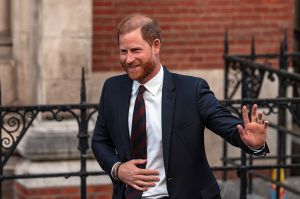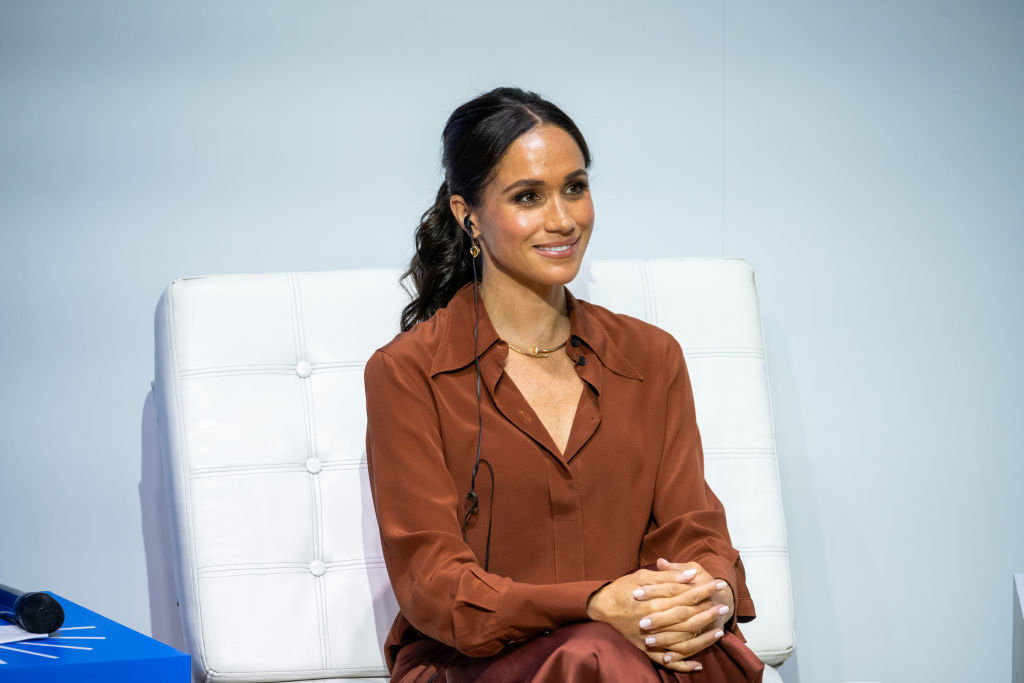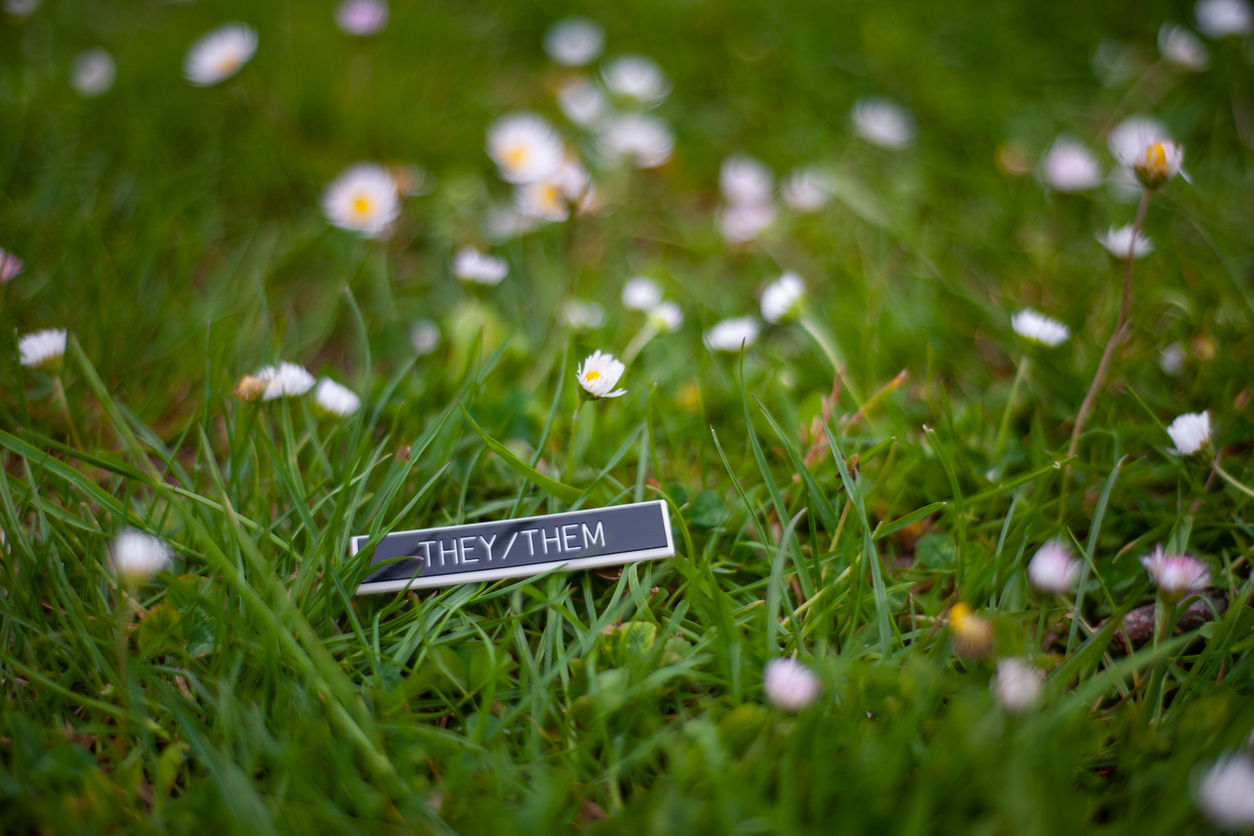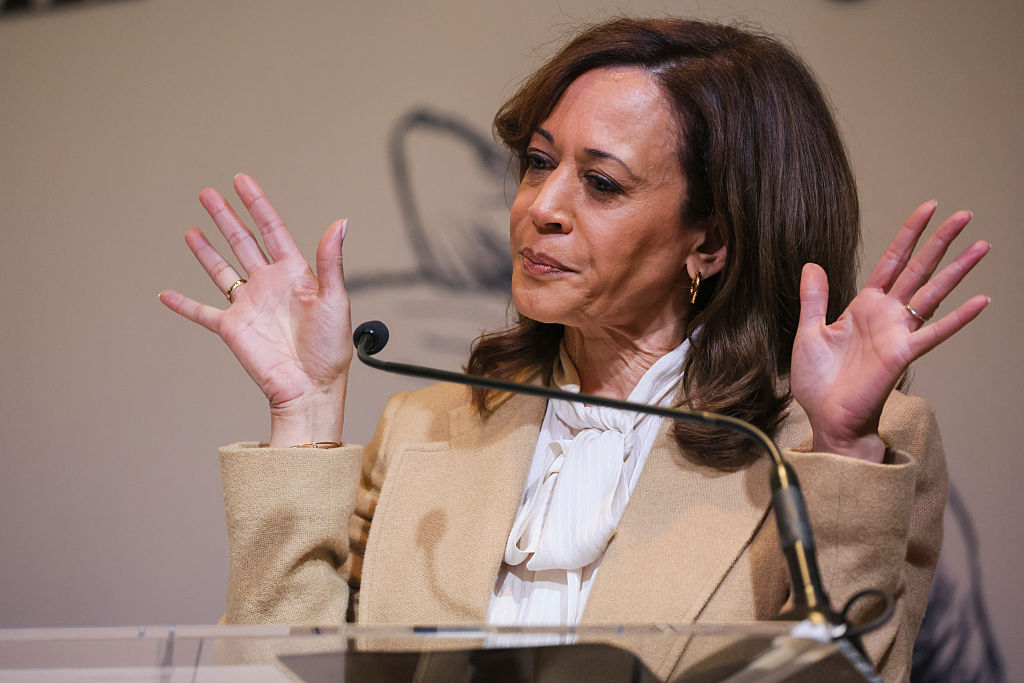Somewhere atop the sun-drenched hills of coastal California, failures go to rebrand themselves, and rebrand their rebrands as “pivots.” There, Kamala Harris and Meghan Markle are busy writing the next chapter in the book of blaming the system for the personal failures of wealthy and powerful people.
Harris, fresh from discovering that Democratic strategists had invented the America that was enthusiastic about her, now contemplates her political afterlife. She does so from the same region of the same state where Markle, having learned that royal traditions don’t yield to Instagram aesthetics, crafts multi-million-dollar deals to explain why it’s everyone else’s fault. Welcome to the Golden State, where yesterday’s rejections become tomorrow’s empowerment memoirs.
While Harris’s presidential dreams shattered after a catastrophic defeat in November, she has now begun telegraphing that she would like to become governor of California. According to the New York Times, close friend and Lieutenant Governor Eleni Kounalakis has practically promised to step aside in the race should Harris glance in Sacramento’s direction. Meanwhile, Orange County Democrat Katie Porter has suggested Harris would have a “near field-clearing effect.” (You know, because clearing the field for Ms. Harris has worked out for Democrats so well, historically.)
Yet this is not the former VP’s highest aspiration. The siren song of another presidential run lingers, despite Democratic whispers that Harris represents the party’s past like an embarrassing high school yearbook photo. The choice between being a big fish in California’s Democratic pond or once again attempting to swim upstream against the currents of national skepticism presents Harris with the same dilemma Markle faced: is it better to rule absolutely in a smaller kingdom, or risk rejection on the world stage?
It isn’t just geographical preference that the pair have in common. Nor is it just fake smiles and really annoying laughs. Markle, who married into one of the world’s most prestigious families only to declare herself stifled by tradition, now sells her “escape story” through Netflix documentaries and Spotify podcasts from her $14 million Montecito estate. Harris, who reached the second-highest office in the land despite a paper-thin record of accomplishments, now positions her electoral rejection not as a referendum on her political vacuity but as evidence of America’s lingering prejudices. In the Golden State’s sunshine, both women have discovered the same lucrative truth: in the modern marketplace of ideas, victimhood sells better than accountability, and institutional blame is the ultimate California export.
The two women’s choice in husbands reflects a calculated strategy undercut by reality. Doug Emhoff and Prince Harry, both balding men who have shown willingness to sacrifice dignity for their wives’ ambitions, have become liabilities to the very women they were meant to serve as tools for the advancement of. Harry abandoned royal duties and family ties to become a professional complainer-in-exile, while Emhoff shifted from nanny-bonking entertainment lawyer to progressive cheerleader with remarkable speed. After Kamala’s defeat, Emhoff sold his soul and took a job for a salary of a reported $6 million a year, with a firm that struck a deal with the White House to avoid crippling sanctions, which has already caused problems for his wife: “Some Democrats have argued that Mr. Emhoff should resign lest his job become a liability for Ms. Harris – chatter that an aide said has gotten back to the couple.” Both men, initially presented as evidence of their wives’ forward-thinking partnership models, now serve as reminders that even the most carefully selected supporting characters can veer off-script when reality television collides with actual reality.
Both women have cultivated meticulously crafted public personas that collapse under scrutiny. Markle’s “authentic” image has been undermined by former staff reports about demanding behavior and contradictions in her royal life storyline. Similarly, Harris’s campaign struggled with authenticity, her notorious word salads and stage-managed appearances failing to connect with voters who detected the gap between presentation and substance. When faced with tough questions, both retreat behind claims that critics are motivated by racism, sexism, or both – a deflection strategy that grows increasingly ineffective with each use.
Their PR teams follow the same playbook. Markle’s publicity machine has mastered strategic victimhood, transforming every criticism into evidence of institutional bias. The Harris campaign likewise framed legitimate scrutiny of her record as proof of prejudice. But the American electorate, like the British public before them, eventually saw through the misdirection. Just as royal approval ratings recovered after the Sussexes left, Democrats are already looking beyond Harris, quietly acknowledging that identity politics without substance yields diminishing returns.
California provides the perfect petri dish for their parallel stories. It is a state where image often outweighs substance and where the ecosystem of sympathetic media figures, tech billionaires and Hollywood elites creates not just a protective bubble but an alternate reality; a place where their particular brand of substance-free prominence thrives unchallenged; a place where TED Talk platitudes replace policy specifics, and political discourse is judged on Instagram-worthiness rather than intellectual heft. This explains why Markle can position herself as a thought leader without expressing a single original thought, and why Harris might still become governor despite a vice presidency defined by absence rather than achievement.
Of course, to hear Harris’s perspective on it, if she does go on to weigh down her party after having been the architect of its momentous 2024 defeat, she will once again lean on the old habit of blaming someone else. That is, if her diagnosis of what happened last year is anything to go by. Reportedly she has been blaming Joe Biden for not giving her enough of a shot: “Friends, former aides and advisers say Ms. Harris, 60, still thinks she would have beaten Mr. Trump if she’d had more than 107 days to campaign,” as per the New York Times.
This, of course, flies in the face of the facts. When Special Counsel Robert Hur announced in 2024 that he would not seek prosecution of President Biden for the president’s mishandling of documents due to poor memory and cognitive decline, it was Vice President Harris who came out to attack Hur, falsely asserting that Biden’s mind was sharp and claiming righteously, that “we should expect that there would be a higher level of integrity than what we saw.” So perhaps if Harris had more integrity of her own, she would have leveled with the American people about the mental state of the president, and then she also would have had a longer campaign. But then today, what would she have to complain about, and who would she have to blame? She would be far away from Meghan Markle doing things instead of explaining what is so unfair about how she has been treated as the sea breeze blows in the open door of a multimillion dollar home. And, really, who can be bothered?
Is Kamala Harris turning into Meghan Markle?
Both women have discovered the same lucrative truth: in the modern marketplace of ideas, victimhood sells

Kamala Harris and Meghan Markle (Getty)

























Leave a Reply